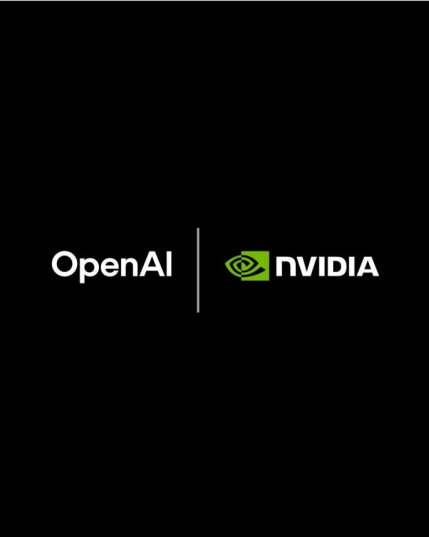Nvidia Faces Setback in China Strategy
Nvidia China AI chip, the world’s most valuable semiconductor company, has halted production of its H20 artificial intelligence chip designed specifically for the Chinese market.
The decision comes as rising geopolitical and regulatory pressures intensify between Washington and Beijing, creating a challenging environment for U.S. tech giants operating in China.
Nvidia CEO Jensen Huang traveled to Taiwan this week to address the issue directly with manufacturing partners and assess supply chain adjustments. Suppliers—including Foxconn, Samsung, and Amkor—were instructed to suspend production of the H20 chip.
This move underscores Nvidia’s shifting strategy as it balances compliance with U.S. export rules and mounting scrutiny from Chinese regulators.
Why the H20 Chip Was Critical for China
The H20 was part of Nvidia’s specialized lineup of AI processors designed to meet U.S. export restrictions while still appealing to Chinese clients.
- Engineered with modified specifications to bypass American export controls
- Strong enough to remain competitive in China’s fast-growing AI market
China is one of the largest markets for AI adoption, spanning:
- Cloud computing
- Data centers
- Advanced machine learning applications
Losing momentum in this region could have long-term consequences for Nvidia, which has already faced declining sales in China due to export limitations. The suspension now raises concerns about its ability to maintain market share against domestic competitors like Huawei and Biren Technology.
Huang Meets TSMC to Secure Future Supply
During his Taiwan visit, Huang met with executives at Taiwan Semiconductor Manufacturing Company (TSMC), Nvidia’s most important chipmaking partner.
The discussions focused on:
- Ensuring supply chain resilience
- Mitigating risks from geopolitical uncertainty
- Preparing for Nvidia’s upcoming earnings report
Industry analysts suggest Huang’s visit also aimed to shore up investor confidence, with earnings expected to reveal how U.S.–China tensions are impacting sales, supply, and Nvidia’s global AI dominance.
U.S.–China Tech Rivalry at the Center
The halt of H20 production highlights the broader U.S.–China technology rivalry.
- Washington has tightened restrictions on semiconductor exports to China, limiting access to advanced AI hardware.
- Policies are intended to curb China’s ability to develop next-gen AI systems with potential military use.
- Beijing has responded by supporting domestic semiconductor firms and applying pressure on multinational companies.
Caught in the middle, Nvidia has become a case study of how global tech leaders must navigate geopolitical realities while still meeting customer demand.
Market Implications and Investor Sentiment
Investors are closely watching Nvidia’s next moves.
- Stock performance is heavily tied to the AI boom, with demand for its chips skyrocketing worldwide.
- China’s restrictions, however, create uncertainty in a major consumer market.
Some analysts believe halted production could be temporary, with Nvidia reworking chip designs to meet regulations. Others warn it may accelerate China’s pivot toward local suppliers, threatening Nvidia’s long-term market share.
Global AI Industry Impact
The suspension of the H20 chip reflects broader AI industry trends.
- Companies are reassessing supply chains and diversifying production bases.
- Markets are becoming more fragmented, shaped by geopolitics.
- For Chinese firms, restricted access to Nvidia China AI chip may drive faster domestic innovation.
- For U.S. firms, the situation underscores the need to balance global ambitions with compliance and national security concerns.
Looking Ahead: Nvidia’s Next Steps
As Nvidia China AI chip prepares for its earnings release, investors expect clarity on how the company will adapt:
- Will new product designs for restricted markets emerge?
- Will Nvidia China AI chip shift focus to regions with fewer barriers?
CEO Jensen Huang’s proactive engagement in Taiwan signals Nvidia is not retreating but recalibrating its strategy.
The outcome of this decision will shape both Nvidia’s trajectory in China and the broader AI hardware landscape in the years ahead.









